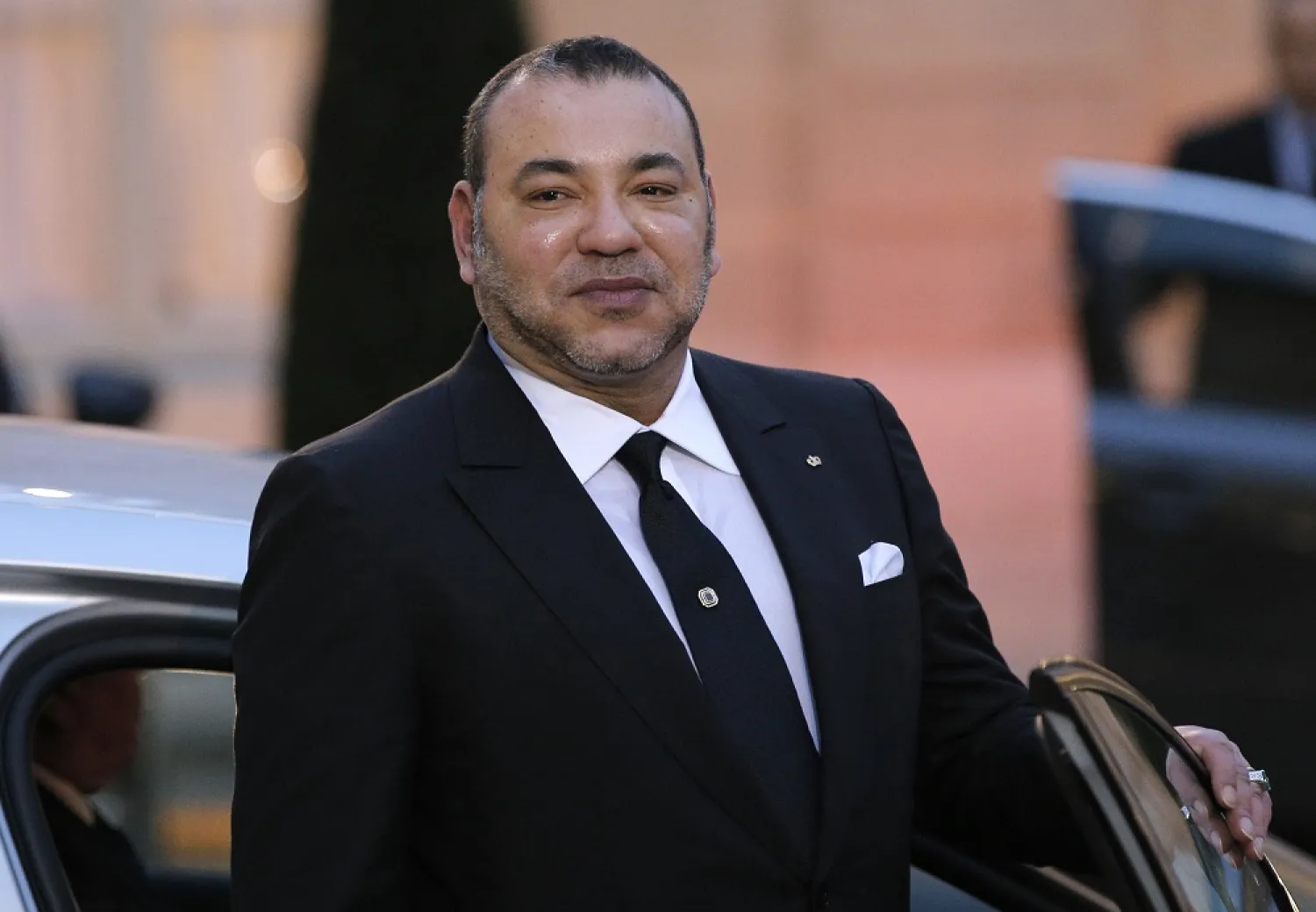Moroccan King Mohammed VI called for launching major development projects in Africa that would change the continent's reality whether in education, health, agriculture and infrastructure or in the fight against poverty.
In a message to the participants in the fifth edition of the Crans Montana Forum, which was held in Dakhla city, the King stressed that migration of some African youth, through precarious routes, “should neither become a fate nor a title for a failed Africa.”
“It is our responsibility to place Africa on the path of progress and liberation and extend it with force to assume its legitimate status in the international scene,” said King Mohammed in his message, which was read by President of the Dakhla-Oued Eddahab region, Yanja al-Khattat.
“We should also not spare any effort to mobilize actors and the living forces’ energies to achieve this common destiny, which will ensure Africa’s actual renaissance.”
The King also stressed that Africa's challenges “will necessarily have an impact on the international strategic geopolitical stakes and ongoing transformations.”
“It is time for Africa. This century must be the century of Africa,” he noted.
“These are challenges to which Africa must rise to ensure its emergence. The median age in Africa today is 19. This generation of young people will build the Africa of tomorrow.”
The King pointed out that African youths will contribute to peace, stability and socio-economic development on the continent.
He, however, stressed that the youths need to be encouraged, trained, empowered and, above all, valued.
“They must be trained to turn today's economic potential into tomorrow’s reality. Failure in this area would be a disaster of epic proportions, not only for Africa but also for other regions as well,” his message read.
He said African countries’ common interest lies in working towards the adoption of pertinent tailored responses so that its young people may realize that their future is in Africa and for Africa.
On Morocco's foreign policy towards Africa, which is based on the principles of South-South cooperation, he remarked: “Africa has opted for openness, refusing predatory practices and outright exploitation of its wealth.”
“It has, thus, safeguarded the values of sharing and solidarity, which are hallmarks of time-honored African cultures.”
Morocco’s commitment to Africa and to active South-South cooperation is “neither dictated by circumstances nor by narrow interests,” Khattat said, quoting the King.
“Since my accession to the throne, I have been advocating an active, fraternal and mutually beneficial form of solidarity.”
“Indeed, I consider that serving Africa - our continent - is not only our duty and responsibility but also our chance,” King Mohammed noted.
The forum focused on “building a powerful and modern Africa dedicated to its youth.”
Heads of state and government, ministers and organizations participate in this forum, which tackles topics, such as energy security and environmental requirements, and the promotion of youth entrepreneurship and leadership.









